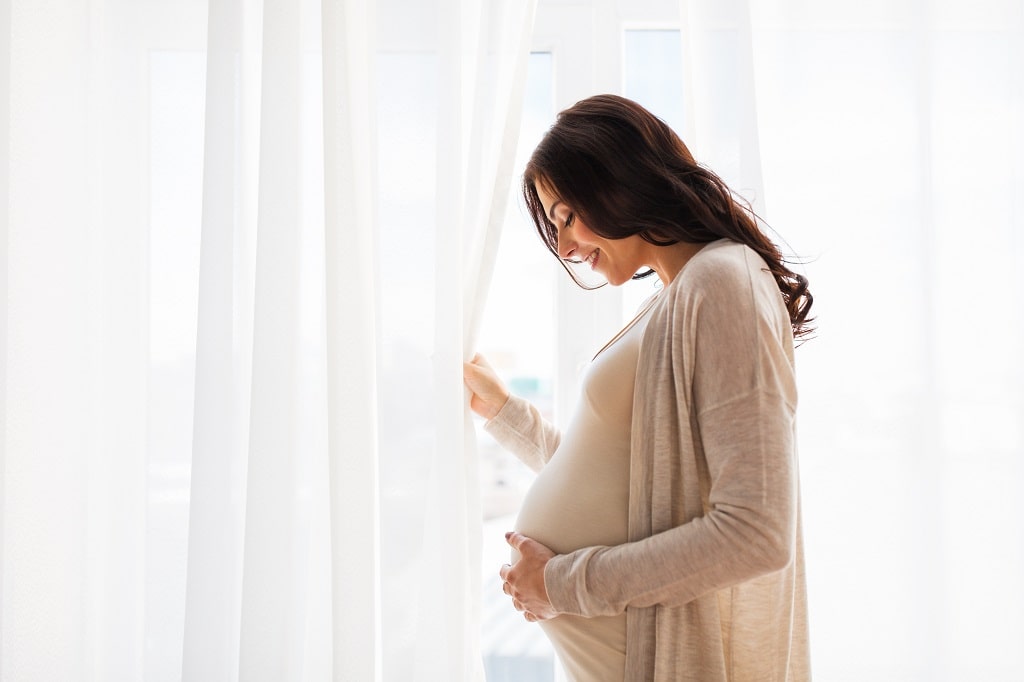
There is a lot of misinformation and confusion surrounding the use of Botox during pregnancy. Women often wonder about the safety of getting Botox injections while pregnant or trying to conceive. In this article, we will debunk some common myths and provide a better understanding of the risks associated with Botox and pregnancy. Refer: https://bardotbeauty.ca/blogs/beauty/a-guide-to-safe-cosmetic-treatments-during-pregnancy
Myth: Botox is completely safe during pregnancy
Reality:
- There is limited research on the effects of Botox on pregnant women and their babies.
- Most healthcare providers recommend avoiding Botox injections during pregnancy to err on the side of caution.
- Botox contains botulinum toxin, which could potentially cross the placenta and affect the developing fetus.
Myth: Botox can cause birth defects
Reality:
- There is no conclusive evidence linking Botox injections to birth defects.
- Animal studies have shown adverse effects on fetal development, but human studies are lacking.
- However, as a precaution, it is best to avoid Botox during pregnancy, especially during the first trimester when the baby's organs are forming.
Myth: Botox is safe if administered by a qualified professional
Reality:
- While it is important to receive Botox injections from a licensed and experienced provider, the safety of Botox during pregnancy remains uncertain.
- Even in the hands of a skilled professional, there is no guarantee that Botox will not have adverse effects on a pregnant woman or her baby.
- It is always best to consult with your healthcare provider before undergoing any cosmetic procedures while pregnant.
Risks of Botox during pregnancy
1. Potential harm to the fetus:
- Botulinum toxin in Botox could potentially harm the developing fetus if it crosses the placenta.
- There is a lack of research on the long-term effects of Botox on fetal development.
2. Allergic reactions:
- Pregnant women may be more prone to allergic reactions, and Botox injections could trigger such reactions.
- Allergic reactions could have serious implications for both the mother and the fetus.
3. Unknown effects on breastfeeding:
- It is unclear whether Botox can pass into breast milk and potentially harm a nursing baby.
- Healthcare providers recommend avoiding Botox while breastfeeding to prevent any potential risks to the infant.
Alternatives to Botox during pregnancy
1. Skincare products:
- Opt for skincare products that are safe for use during pregnancy to maintain healthy skin.
- Consult with a dermatologist for recommendations on pregnancy-safe skincare routines.
2. Non-invasive treatments:
- Consider non-invasive facial treatments such as facials, peels, or microdermabrasion to rejuvenate your skin.
- These treatments are generally considered safe during pregnancy but consult with your healthcare provider to be sure.
3. Healthy lifestyle habits:
- Maintain a healthy diet, stay hydrated, get enough rest, and manage stress to promote overall skin health during pregnancy.
- Good skincare starts from within, so prioritize your well-being for glowing skin.
Consulting with your healthcare provider
Before making any decisions about Botox or other cosmetic procedures during pregnancy, it is crucial to:
- Discuss your concerns with your obstetrician or healthcare provider.
- Consider the potential risks and benefits of Botox in your specific situation.
- Explore alternative skincare options that are safe for use during pregnancy.
Ultimately, the safety of Botox during pregnancy is still uncertain, and it is advisable to err on the side of caution. Prioritize the health and well-being of both yourself and your baby, and opt for safer alternatives to Botox while pregnant. Consult with your healthcare provider for personalized recommendations and guidance tailored to your unique needs.